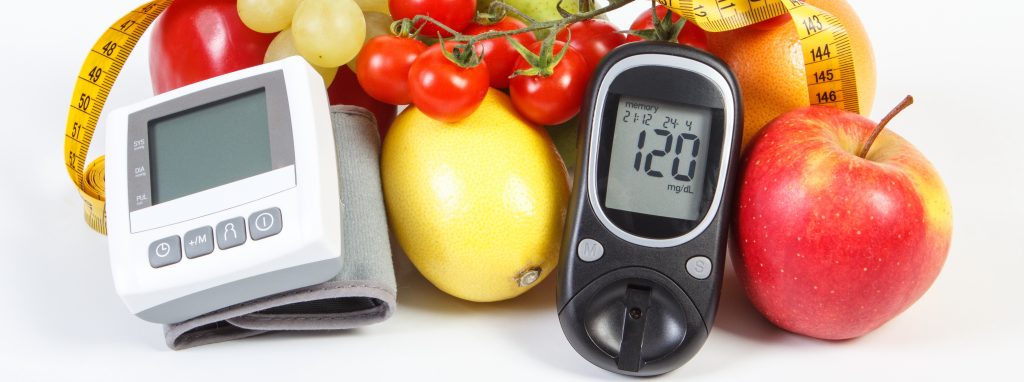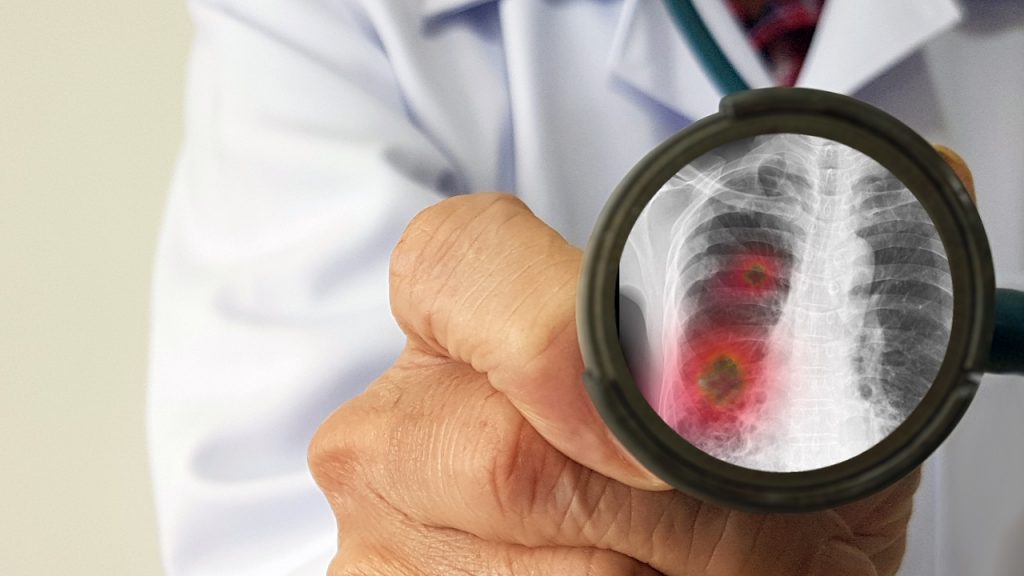
By now, anyone who is conscious about their health is aware of hypertension. In case you don’t know, hypertension is basically another name for high blood pressure. Blood pressure is the force that blood exerts against the walls of the blood vessels. The force depends on the resistance of the blood vessels and how hard the heart has to work. Hypertension is the primary risk factor for cardiovascular disease, including stroke, heart attack, heart failure and aneurysm.
An optimal blood pressure level is a reading under 120/80mmHg while a reading over 140/90mmHg is generally considered to be high. It is extremely important to keep blood pressure under control. Lifestyle management is standard and first-line treatment for hypertension.
5 Lifestyle Changes to Manage Hypertension
- Kick the Bottle. Stub the Butt: Drinking too much alcohol can raise blood pressure to unhealthy levels. Having more than 3 drinks in one sitting temporarily increases your blood pressure. Repeating it on a regular basis can lead to long term changes. Heavy drinkers who wish to reduce blood pressure are advised to slowly reduce the alcohol intake over 1-2 weeks to avoid risking very high blood pressure. Also, each cigarette you smoke can increase your blood pressure for many minutes after you finish. Stopping this can help you a lot in normalizing your BP. Quitting smoking can reduce the risk of heart disease and improve your overall health as well.
- Let Go of Stress: Your body produces a surge of hormones when you are in a stressful situation. These hormones temporarily increase your blood pressure by causing your heart to beat faster and your blood vessels to narrow. But when your stress goes away your blood pressure returns to normal. However, frequent, temporary spikes in blood pressure can damage your blood vessels, heart and kidney in a way similar to long term high blood pressure. Exercising 3-5 times a week for 30mins can reduce stress, try yoga and meditation, get plenty of sleep and stay happy. If you need help with yoga and meditation, join live, interactive sessions conducted by experts on GOQii Pro. You can book a class via the GOQii App.
- Reduce Sodium Intake: Even a small reduction of sodium in your diet can improve your heart health and reduce blood pressure by 5-6mmHg if you have high blood pressure. In general, limit your sodium intake to 2300mg a day or less. However, a lower sodium intake of 1500 mg a day is ideal for most adults. 1500mg = less than 1 teaspoon of salt per day. To reduce sodium in your diet, read food labels, choose foods with less sodium, avoid processed and packaged foods like noodles, soups, chips, biscuits, etc. Use herbs and spices to add flavor to your food. Cut back gradually, your palate will adjust over time.
- More Fruits & Veggies: Eating a diet rich in whole grains, fruits, vegetables and low fat dairy along with avoiding saturated fat and cholesterol can lower your blood pressure by 11 mmHg if you have high blood pressure. This eating plan is known as DASH (Dietary Approach to Stop Hypertension) diet. Fruits and vegetables are the best sources of potassium and it can help lessen the effect of sodium on blood pressure. Try to have fruits and salads on a daily basis. Going for vegetable + fruit smoothies is a smarter approach. Also try to add beetroot in your smoothies, they are known to reduce blood pressure. Individuals with blood sugar issues should consult their doctor before eating beetroot.
- Exercise Regularly: Making exercise a habit can help lower your blood pressure. You do not need to go to a gym but just being active enough that you are breathing harder and making your heart beat a little faster which includes brisk walking, jogging, swimming or biking. Go for a moderate activity for at least 30 min a day for 5 days a week. This is a great way to reduce stress and also improve energy levels. Consult your doctor or coach about how and when to start physical activity once high blood pressure is detected.
We hope these lifestyle changes help you manage hypertension and curb high blood pressure! Do share your thoughts in the comments below!
For more on living a healthier lifestyle, check out Healthy Reads or speak to a GOQii Coach by subscribing for Personalised Health Coaching here.
#BeTheForce
 Mary Roach, in her book, Gulp: Adventures on the Alimentary Canal describes the digestive system as a highly elaborate inside of the tube that starts at the mouth and ends at the anus.
Mary Roach, in her book, Gulp: Adventures on the Alimentary Canal describes the digestive system as a highly elaborate inside of the tube that starts at the mouth and ends at the anus.
 While sleep requirements vary slightly from person to person, most healthy adults need between 7-9 hours of sleep per night to function at best. It has been estimated that more than half of the working population in India have experienced some or the other form of sleep deprivation or alteration during their lifetime.
While sleep requirements vary slightly from person to person, most healthy adults need between 7-9 hours of sleep per night to function at best. It has been estimated that more than half of the working population in India have experienced some or the other form of sleep deprivation or alteration during their lifetime.


